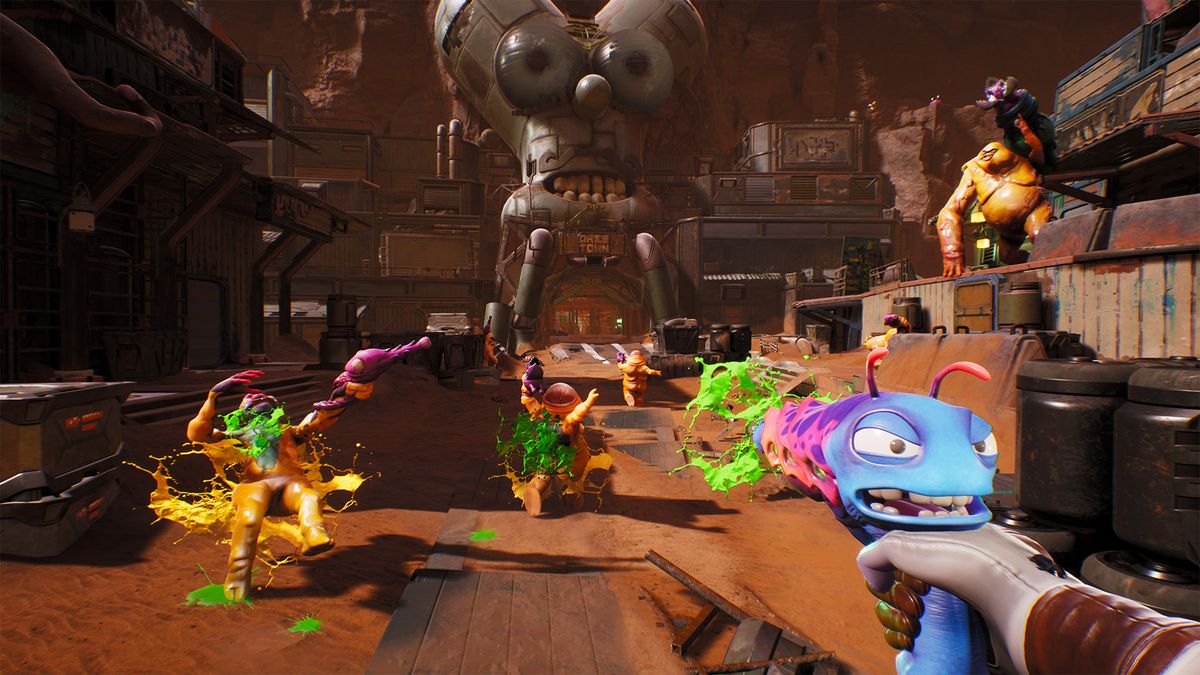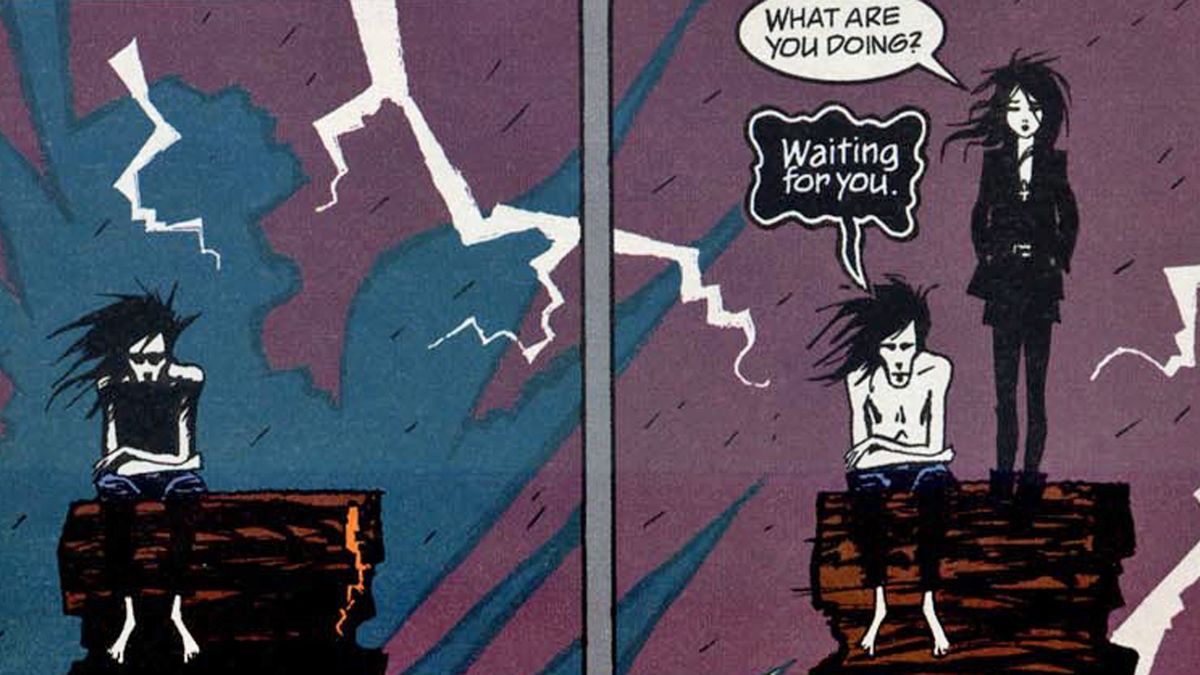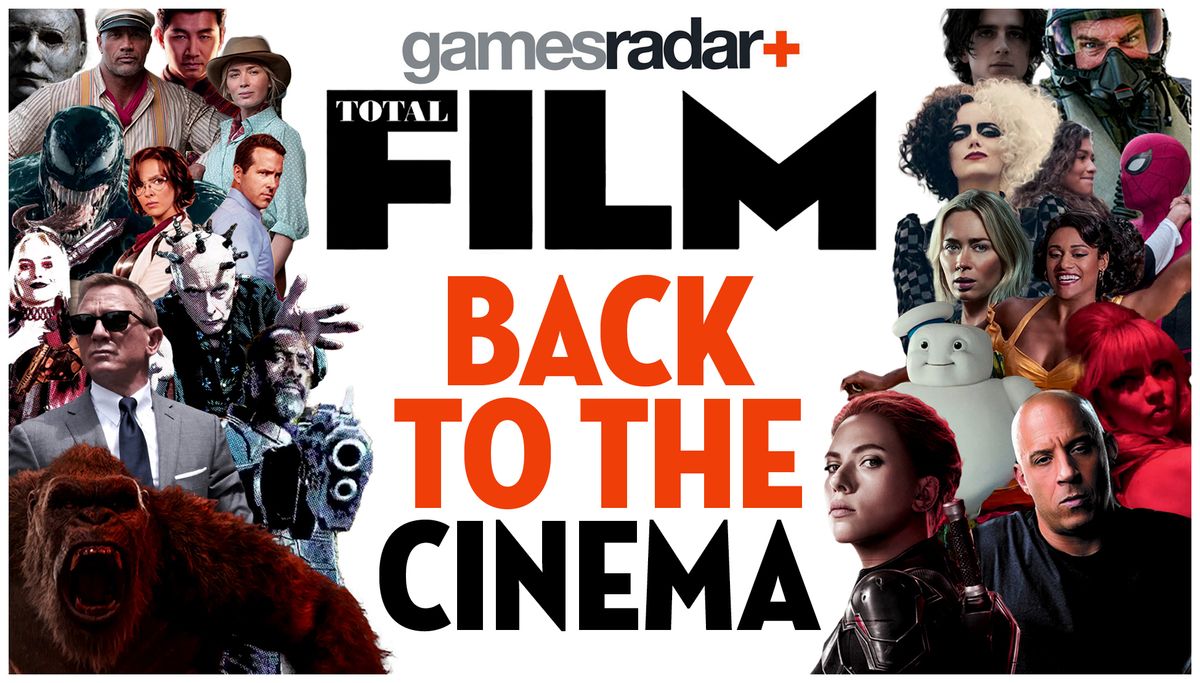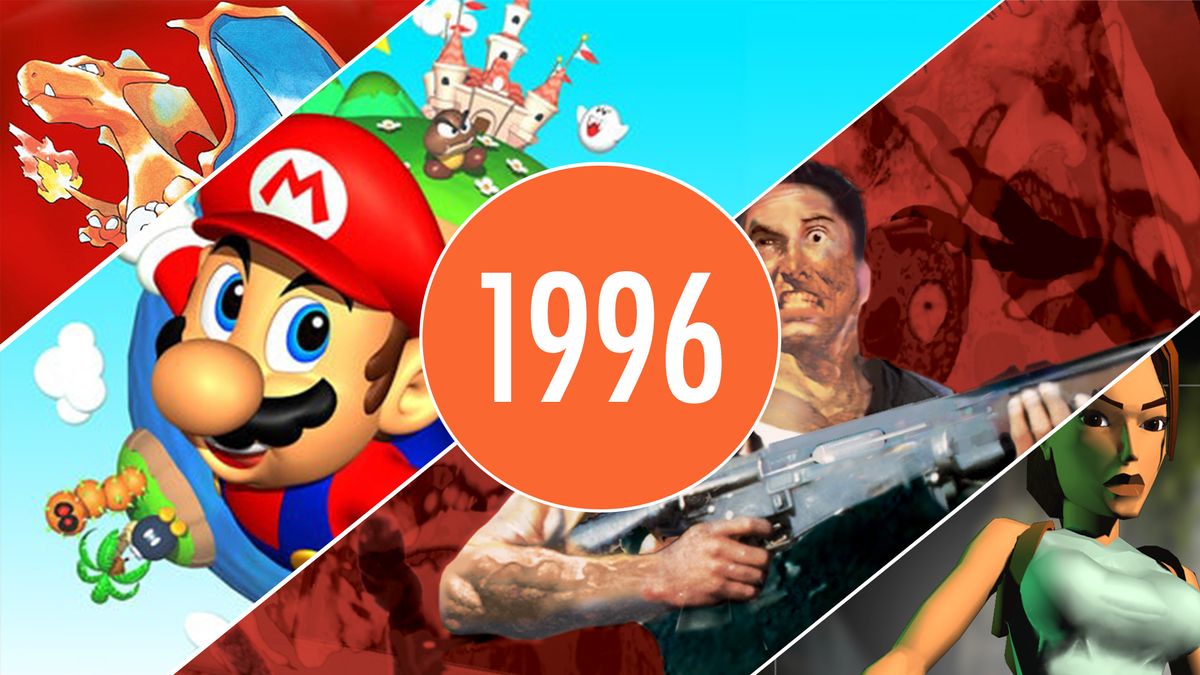Finding a path

So you want to be a video game music composer? It might seem daunting at first, especially when you have all this great music swirling around in your head and no idea how to get someone to listen to it. People always tell you to network, to find your way in, but before all of that, you need several other things to succeed. There is always a certain amount of luck to getting what you want, but that’s not something you want to rely on. If you live in the UK, Game Music Connect is an event you’ll want to get involved in. It’s a chance to meet up with industry composers and a great opportunity to get some valuable insight. Alternatively, if you’re on this side of the pond, there is GameSoundCon happening in November.
But, in the event you can’t go, we asked a few composers, who are leaders in their field, what kind of advice they would give for someone who is just starting out. Read on to see what they have to say.
Step 1: Be Passionate

“First make sure this is something you are very passionate about as youre looking at one of the most competitive industries in the world.” – Garry Schyman, Bioshock series
Step 2: Skills and education

“Getting a good education is critical. That education should include learning traditional scoring techniques–orchestration and composition, as well technical understanding of software commonly used in the industry (e.g. Logic, Digital Performer, Protools etc.). Learn to record your own music and to use software plugins especially synths. Then listen to lots of different kinds of music and write in many styles.” – Garry Schyman
“If youre interested in orchestral music, focus on classical pieces and let the film music fill in the cracks. And no matter what, NEVER stop composing. Its just like a muscle–the more you work it, the stronger it gets.” – Jason Graves, Dead Space series, Tomb Raider
Step 3: Market yourself

“Market yourself accordingly and put together a decent CD, MP3 reel and website focusing on what it is you want to achieve, musically speaking–and in what market. Think of–and present–yourself as an artist rather than as a technician or jack of all trades (but youll probably need to be all three in reality!) Nobody, apart from possibly other composers or people with an interested in music technology, wants to know about the gear you use any more than Joe Public wants to know in any great detail how the latest album they bought was produced. What lies behind the music, the motivation, emotion and artistry involved is always going to trump technology anywhere.” – James Hannigan, Harry Potter, The Lord of the Rings
Step 4: Be easy to work with

“One is being easy to work with, able to listen and follow a brief. Its always good to debate the purpose of music, but nobody wants to contend with tension or arrogance when working on a project, so composers have to be flexible enough to adapt. The best composers I tend to think are the ones who stay open and easy to work with, however established they become. So if youre a newbie and youre convinced of your own wonderfulness, and feel sure that the whole world is just dying to hear your music all day long, then you are probably a little bit deluded – or at the very least have an attitude problem. Try to stay humble, serve others and never stop learning about music. Try to expand your musical horizons beyond only the latest soundtrack releases or the work of a couple of Hollywood composers as well.” – James Hannigan
“Additionally, you will need to develop people skills. If youre not born with these youll need to work on it because you have to be able to work with people and people work with people they like. It is not possible to underestimate the value of being a people person who can get people to trust and like them.” – Garry Schyman
Step 5: Stand out

“Its very, VERY competitive and you need to do the best you can to stand out from everyone else. This does not mean you need to listen to Hans Zimmer all day and write tracks that sound just like him. Listen to as much diverse music as you can, and not just film music! Listen to classical music. Buy the Dover scores and follow along. Start with Tchaikovskys Ballet Suites–very programatic and cinematic with amazing melodies and wonderful orchestration. The written scores are your cookbooks for music. Music is essentially a language–if you dont understand it, how can you possible speak it?” – Jason Graves
“Making personal connections is everything, and will help you much more than having a killer demo. That said, having a killer demo is a must.” – Peter McConnell, Full Throttle, Psychonauts
Step 6: Work hard

“Stay objective about the quality of your music and of your true chances in the sector youre trying to work in, but combine that with enough self-belief to keep you going when you fail or experience rejection. Youll need a lot of resilience and, unless very lucky, will need to work very hard to get.” – James Hannigan
Other snippets of wisdom

“To some extent there has never been a clear path to finding a successful career in scoring films or video games. Every composer has there own unique story (just ask them). Yes – today we have the internet, social networks, technology that would have been mind blowing when I first started. Yet the basic concept of preparing yourself and writing lots of music, and meeting people and making a good impression on them has not changed.” – Garry Schyman
“The first thing I would do would be to join the Game Audio Network Guild. Full disclosure: Im a founding member. The reason we set up G.A.N.G. was to give people interested in audio for games a way to network as well as resources to help new folks get into the industry. I would also try to move near the centers of the industry, especially San Francisco, Los Angeles or Seattle. And go to the Game Developers Conference so you can meet the people who are actually making games.” – Peter McConnell
Did this help? Do you want more? Let us know in the comments below!
 Game News Video Games Reviews & News
Game News Video Games Reviews & News



